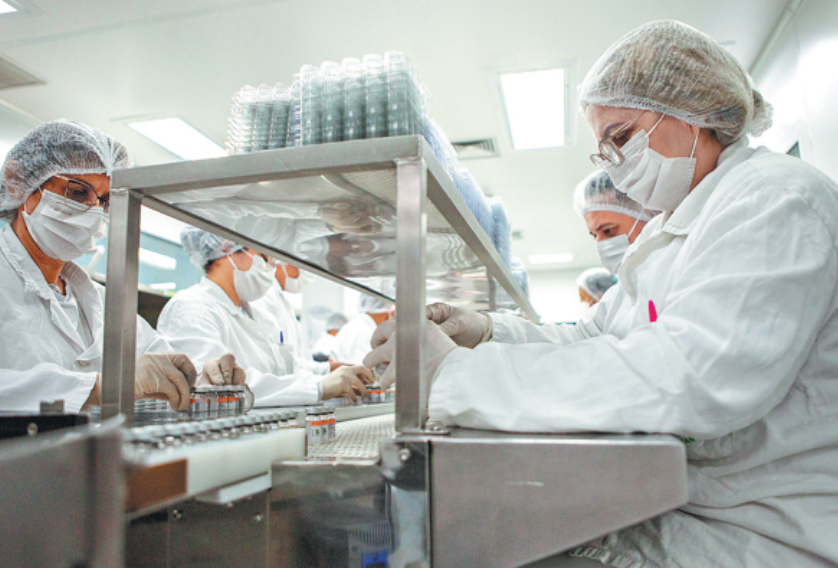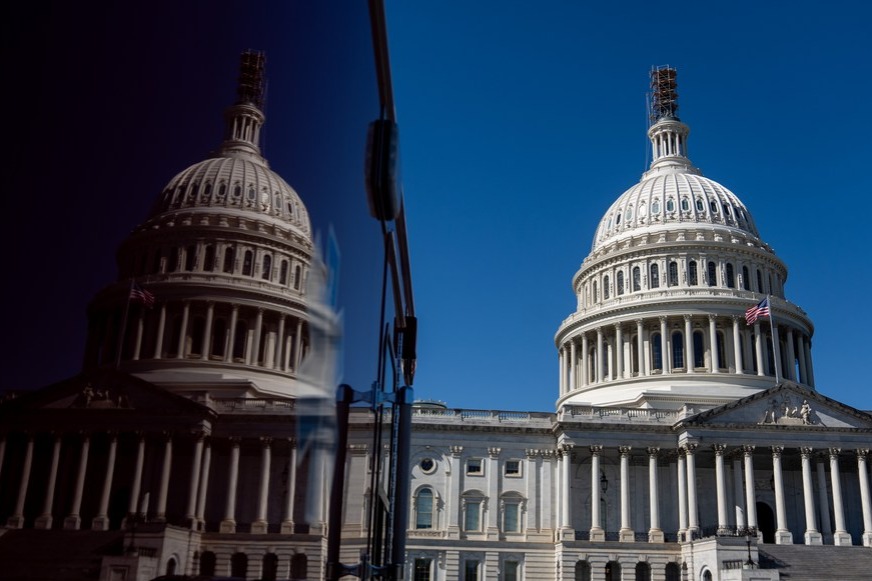Fruitful results seen in health cooperation
By WANG XIAOYU | China Daily Global | Updated: 2023-08-22 07:14

Tackling of TB, COVID-19 among BRICS countries boosts universal healthcare
Cooperation between BRICS nations on health issues has yielded positive outcomes in tackling virus outbreaks and promoting exchanges of medical expertise in recent years, with collaboration including boosting universal healthcare and stepping up pandemic preparedness, said health authorities of the grouping.
"Over the years, BRICS countries have established a research network for tuberculosis, which has greatly promoted communication among policymakers and scientists and contributed to the global drive of ending TB," the National Health Commission, China's top health authority, said recently.
During the COVID-19 pandemic, the BRICS Vaccine Research and Development Center was set up with a commitment to advance cooperation in creating vaccines and boosting their equitable access.
"The initiative is also aimed at helping protect healthcare systems, to aid economic recovery and tackle future pandemics," the commission said in a statement to China Daily.
Another highlight is the launch of a health journal issued jointly by the BRICS countries — Brazil, Russia, India, China and South Africa.
"The publication has offered a professional platform for BRICS and BRICS Plus countries to share research results and experiences in the fields of COVID-19 management and vaccination, digital health, antibiotic resistance, TB prevention and control, and maternal and child health," it said.
Health emerged as a major sector for BRICS cooperation in 2011 when the first meeting of health ministers from the five countries was held.
"Since then, health cooperation under the BRICS framework has been multilevel, all-around and wide-ranging, and shows broad promise," the commission said.
The 13th and latest meeting between health ministers was held in Durban, South Africa from Aug 1 to 4, ahead of the 15th BRICS Summit to be held in the country's capital Johannesburg this week.
The meeting discussed issues such as universal healthcare coverage, regulation of medical products, health emergency responses, TB prevention and control, and nuclear medicine and traditional medicine, according to a release on the commission's official website.
Joe Phaahla, South Africa's health minister, said the event looked into ways to strengthen early warning and information sharing systems to better handle future pandemics and the expansion of healthcare coverage through boosting access to medicines and diagnostics.
As South Africa works toward the goal of achieving universal healthcare by 2030, he said that it is worthwhile drawing on the experiences of the four other nations — all of which have a larger population than his country, including the two most populous countries in the world.
"What we are looking at here is sharing experiences in their systems of health delivery services in these countries," he said during an interview with Newzroom Afrika, a television program in South Africa.
"The systems will be different as the political systems are also different. But there is something in common regarding the access tools to affordable medicines and medical technologies, health information systems, and digital record systems that help roll out universal access to health services."
Sergey Glagolev, Russia's deputy minister of health, said during an interview with SABC News that it is essential to apply and expand health solutions created by BRICS countries to tackle the most urgent challenges such as preparing for new pandemics and addressing the threats of noncommunicable diseases.
"These countries possess significant competence in these areas," he said.
Among these are the experiences of South Africa and Russia in developing new vaccines, and shortening the time from the detection of a new pathogen to developing a treatment, he added.
wangxiaoyu@chinadaily.com.cn
























